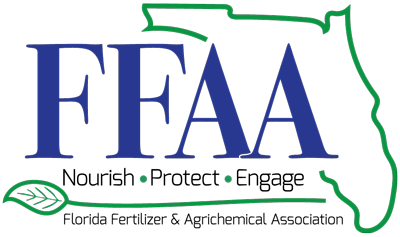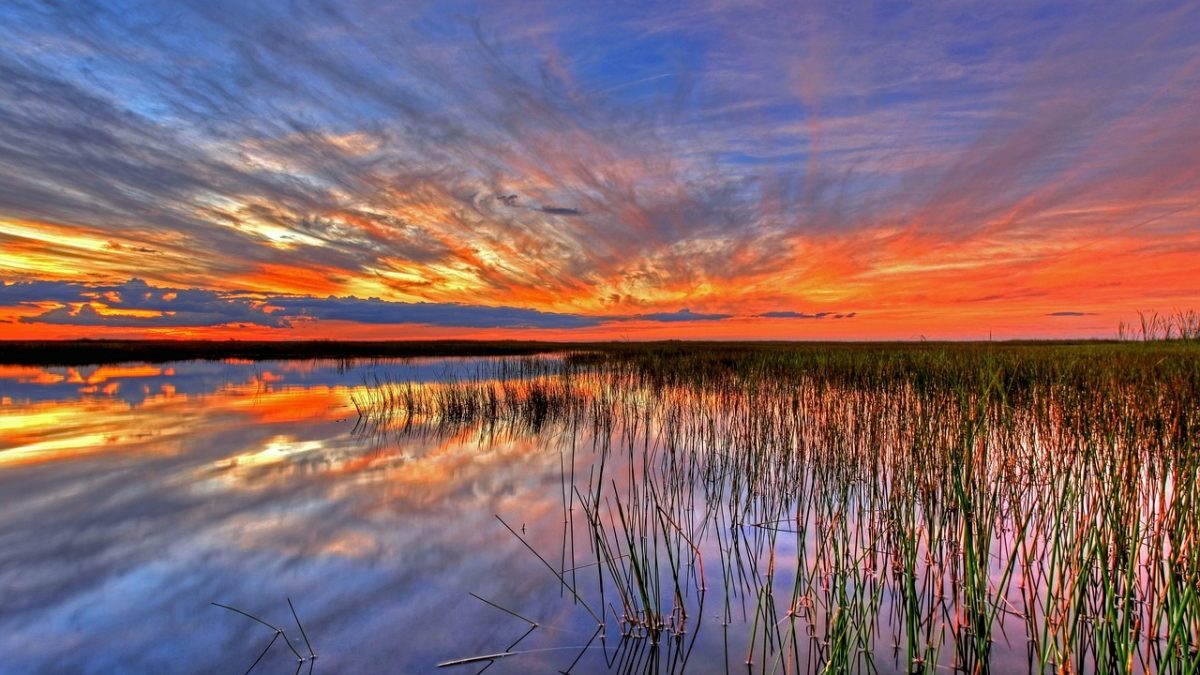The 2019 FFAA Winter Business Meeting Recap

What is the Role of Potash in Plant Nutrition?
January 3, 2019
Take Note of These Upcoming FFAA Events
March 14, 2019Learn more about the important Florida fertilizer and agchem topics presented at this year’s meeting.
The FFAA, whose primary mission is “to promote the responsible use of plant protection and nutrient products in Florida,” held their annual Winter Business Meeting in January. Ernie Barnet, Florida Land Council Executive Director, gave the keynote address on “Water Policy: Florida Politics Making Waves.” He provided FFAA members with clear insights into the challenges of getting Lake Okeechobee water legislation right, and below is a detailed Winter Business Meeting recap.
FFAA President Mary Hartney notes two key takeaways from his presentation:
- Farmers in south Florida support Everglades restoration and are not the primary cause of harmful algal blooms. Best management practices work, and nutrients are efficiently managed in the Everglades Agricultural Area.
- Solutions exists north of Lake Okeechobee to capture, store, and treat the water and Below Ground Storage (Emergency Estuary Protection Wells and Aquifer Storage and Recovery Wells) are the fastest and most cost-efficient tool to significantly reduce Lake Okeechobee discharges. When operated in conjunction with authorized projects, 80 percent of the harmful discharges can be eliminated.”
Other Important Florida Fertilizer and Agchem Topics Addressed
Other presentations were given at the meeting, such as on cannabis and hemp. Lynn Griffith, cannabis consultant, says, “Cannabis is a very complex crop to fertilize correctly. Despite being a 13-week crop, it has four distinct fertilizing stages, and genetics can significantly alter the needed fertility inputs.”
As part of our Winter Business Meeting recap, Dr. Jerry Fankhauser, UF/IFAS also provided the following clarification: “What is industrial hemp? Cannabis sativa with THC < 0.3 percent per dry weight, a potentially valuable and impactful alternative crop for growers and others in Florida. Even with the passage of the 2018 U.S. Farm Bill, it is still illegal to grow industrial hemp without a permit in the State of Florida. At present, there is not an approved state permitting or licensing process for others to grow this crop. State land grant institutions in Florida can be or are permitted to grow industrial hemp under existing DEA permitting, state statute, and Florida Department of Agriculture & Consumer Services’ rules.”
Dr. Yiannis Ampatzidis also gave a presentation on “Precision Agriculture’s Potential,” which left members with a better understanding of the current challenges and opportunities.
Hartney makes this observation on Ampatzidis’ presentation: “Most agrochemicals (e.g. herbicides) are applied uniformly, despite the fact that distribution of target pests, pathogens, and weeds are typically patchy. Novel precision spray technologies can reduce costs, pest resistance to agrochemical, risk of crop damage, and excess chemical residue, and potentially reduce environmental impact.”
If you’re interested in attending the FFAA 87th Annual Meeting on July 9-11 in Naples, they will be discussing topics including water quality, pests/diseases, and fertilizer regulations. “Members from the crop protection and fertilizer industry from the US and Canada (other countries welcome!) will get the most up-to-date agchem industry take on the issues challenging agriculture in Florida,” Hartney says. “Make plans to join us!”
Members and prospect members should also take note of the save-the-date for next year’s FFAA Winter Business Meeting, which will be held January 16-17, 2020 at the Hutchinson Shores Resort & Spa in Jensen Beach, Florida. To keep abreast of Florida fertilizer and science-based agchem knowledge from the FFAA, please follow us on Facebook and Twitter.

